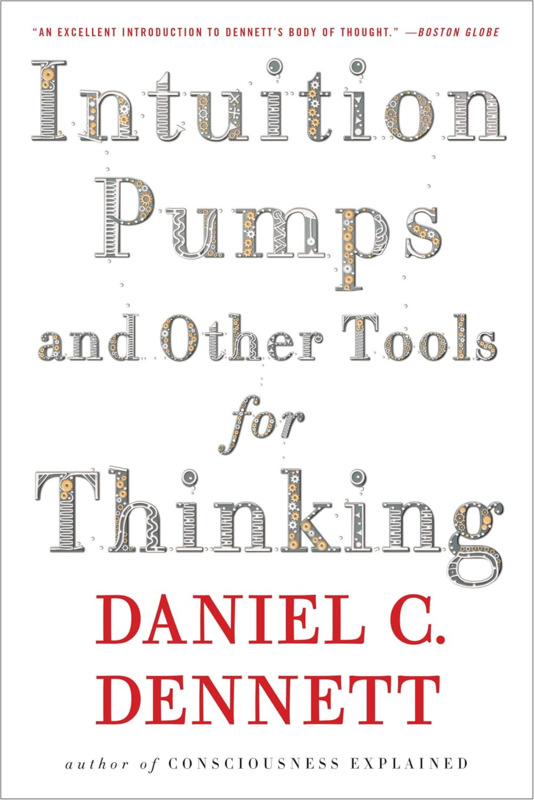
Last year, Daniel C. Dennett passed away, and a following discussion on Hacker News with plenty of praise for his work connected him to Douglas Hofstadter, with whom there was a very close and fruitful collaboration (and their joint book, a collection of essays by the name of The Mind's I, was suggested as a counterpoint to the wandering, highly associative style of Hofstadter — maybe that resonates with anybody out there). Chance would have it that somebody gifted this book to one of my favorite bookshops; and then, as a token of friendship, it was passed onto me.
Right away on the introductory chapter, there are references to Feynman, von Neumann, Plato, Descartes, etc. — and the stage is immediately set with the company of the finest. My first impression was that this book would stand in the same territory as, for example, The Great Mental Models: an assortment of mental techniques to evaluate different scenarios. Is is sorta that: it compiles many separate pieces of writing from distinct periods of his intellectual career, and this assortment of small essays — thought experiments spanning the scale from atom to humans — slowly build up to deeper arguments on meaning, computers, conscience and free will.
The book cover does mention it being an excellent introduction to Dennett's body of thought), after all, and the disjointed nature of the source material does not translate in a jarring reading experience — I suppose the work of the editor was very well done. Throughout the reading, I kept an eye for references to computers; on the 20th chapter, A Cascade of Homunculi, a cheeky remark compares the suitability of silicon as opposed to carbon as a platform for caring, which is a stand-in for consciousness, or a soul:
At the software level, a benevolent scheduler system doles out machine cycles to whatever process has the highest priority, and although there may be a bidding mechanism of one sort or another that determines which processes get priority, this is an orderly queue, not a struggle for life.
[...]
Probably a dim appreciation of this fact underlies the common folk intuition that a computer could never care about anything. Not because it is made out of the wrong materials — why should silicon be any less suitable a substrate for caring that carbon? — but because its internal economy has no built-in risks or opportunities, so it doesn't have to care.
(bold emphasis mine)
I am not really prepared for a deep dive into the parallels between the ineffable workings of our brains and the predictable computational outputs of a computer, but that has been a recurring theme in the last few months. The cat is out of the bag, has been for a while, and it has become more evident and pressing with the advent of llms in the field of Artificial Intelligence. We are way past the Turing Test, and now struggling with what exactly sets us apart from machines.
This book is, too, about that. It is about many many different things, and a true delight to any curious mind.
| Title | Intuitition Pumps and Other Tools for Thinking |
|---|---|
| Author | Daniel C. Dennett |
| Publisher | W. W. Norton & Company |